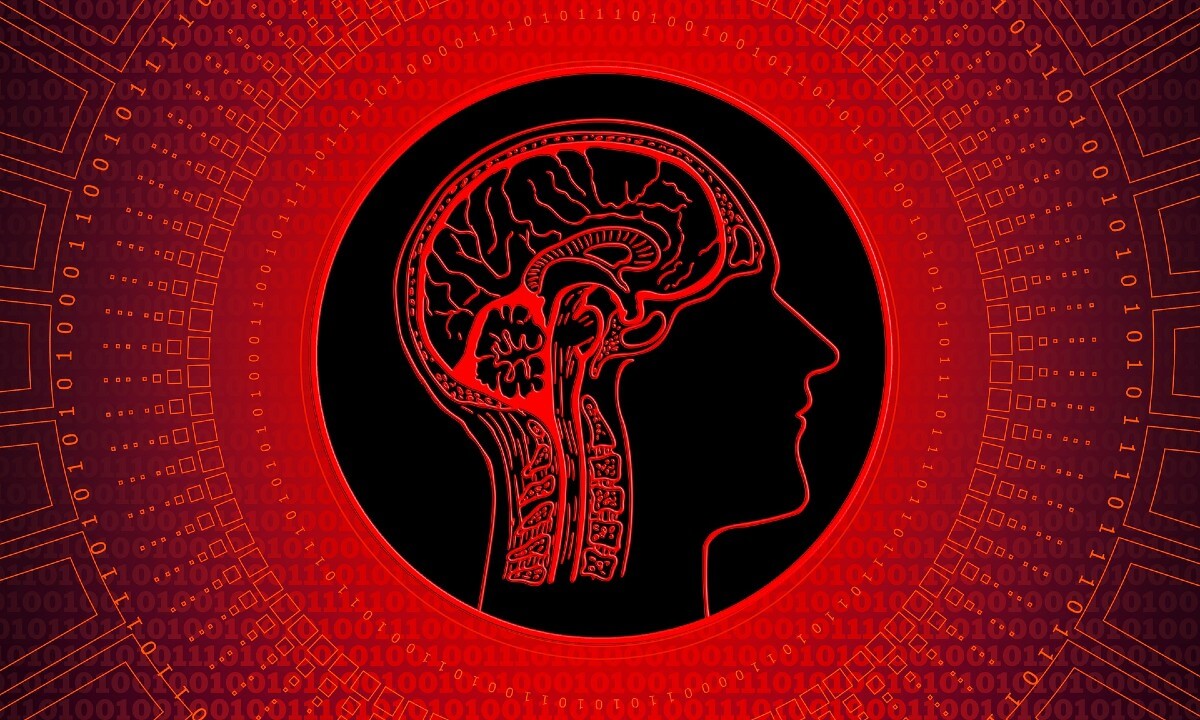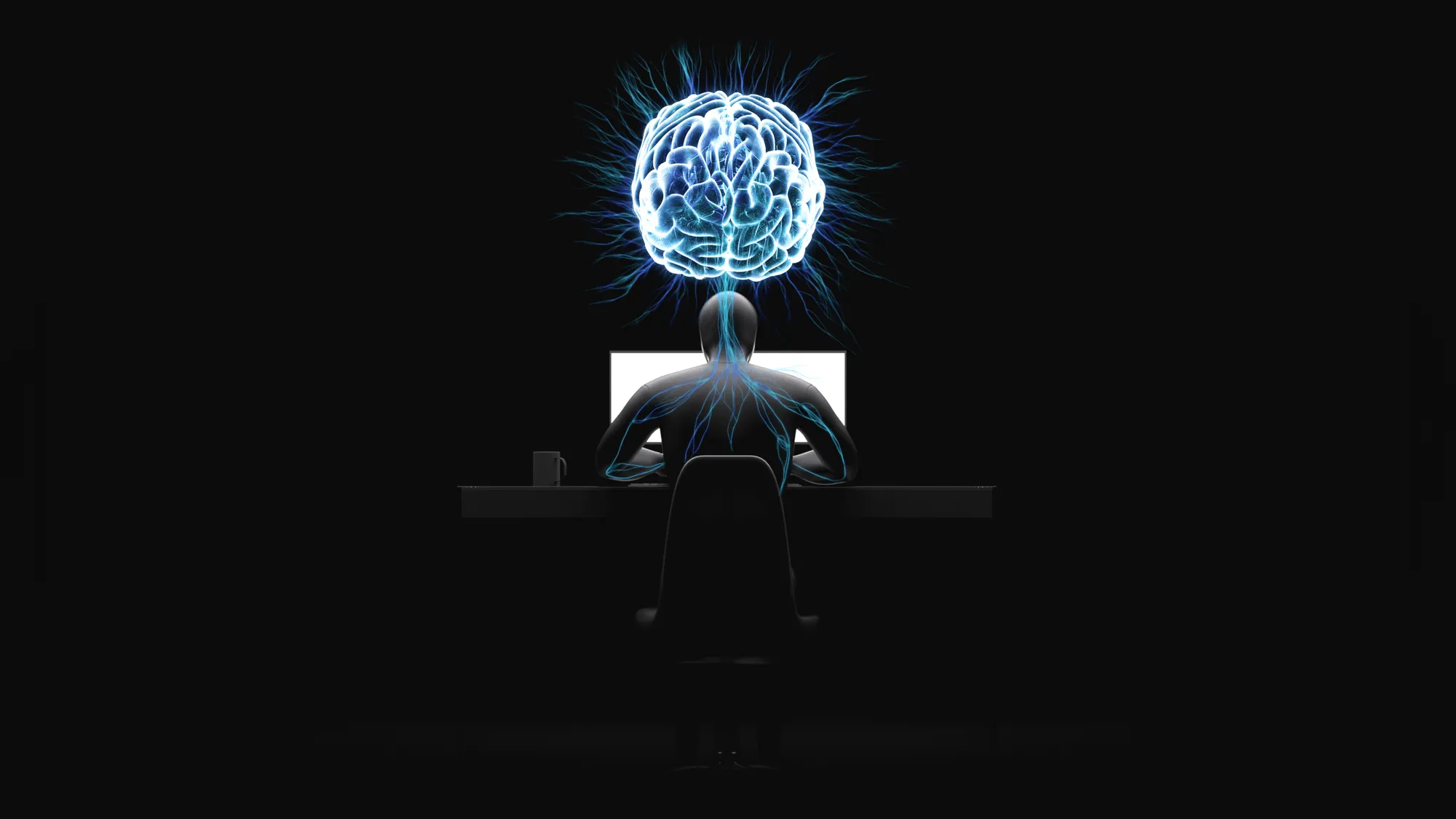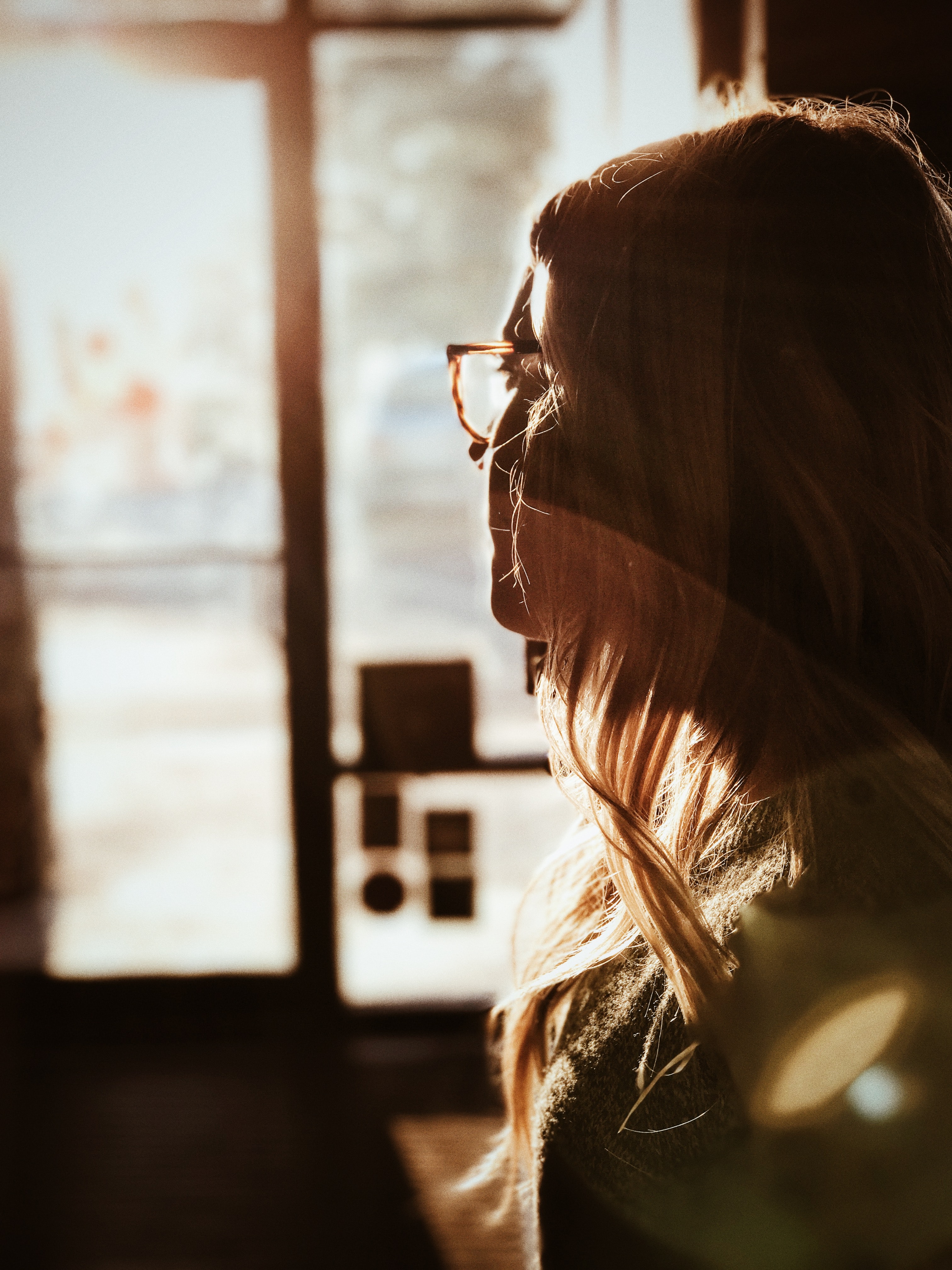
Leverage the Science Behind a Good Night’s Sleep for Focus and Productivity

Sleep deprivation has serious health and mental effects. Here are the proven science-backed approaches for improving the quality and duration of your sleep. When you sleep better, your mental and physical performance improves. Learn these habits for healthy sleep today.
More than 35% of adults aren’t getting enough sleep (according to stats by the CDC.)
This is a concerning stat.
Sleep deprivation affects mental and physical health in many ways.
- Risk of depression, seizures, high blood pressure and migraines all rise.
- The brain’s ability to process new memories is limited.
- Learning becomes more difficult.
- Metabolism is thrown off (one night of sleeplessness can trigger a prediabetic state.)
- We become irritable and accident prone. (Ask any EMT how many emergency calls they get around 3 AM.)
Anything less than seven hours of sleep per night increases your accident risk. You’ve probably heard that eight hours is the generally recommended sleep time.
This article will show you proven methods for improving sleep. We also reveal some surprising science-backed connections between sleep, mood, and memory.
How to Get a Good Night’s Sleep
You should prime your bedroom to encourage better sleep.
- Leave technology outside of the bedroom.
- Write tomorrow’s to-do list and review your calendar an hour before bed.
- Lower the temperature of the room. (60-67 degrees Fahrenheit is considered optimal for adults).
- Make the room as dark as possible.
- Leave curtains or blinds open, so that natural sunlight wakes you in the morning.
Every person is different. It can be fun to create your own bedtime ritual. Your ritual might include chamomile tea, taking a hot bath, listening to rain sounds, wearing a sleep mask, meditating or practicing mindfulness, or doing a guided yoga nidra session.
Anything that relaxes you and signals to your body that it’s time to sleep will help you to fall asleep quicker.
Other sleep habits that are generally suggested are:
- Getting exposed to natural sunlight during the day.
- Cutting out caffeine and other stimulants (like nicotine) in the afternoons.
- Avoiding alcohol for up to six hours before bed.
- Exercising during the day.
- Staying hydrated and eating good fats during the day.
- Going to sleep at the same time each night.
Sleep is Necessary for Peak Performance
Whether you’re a professional athlete or a “corporate athlete.” Getting quality sleep will help you be your best.
Not sleeping will increase the level of your stress hormone, cortisol.
It will also decrease production of glycogen and carbohydrates that are stored to give you energy.
Everything from reaction time to mood is hindered by not getting enough sleep.
“Over 30% of the medical problems that doctors are faced with stem directly or indirectly from sleep,” says, Russell Foster, a neuroscientist at Oxford.
If you get intentional about sleep for recovery, it’s almost impossible to experience burnout.
Our concept of sleep continues to evolve.
In the middle ages, a two-session sleep cycle with a break in the middle was preferred. People would go to sleep an hour or two after the sun went down, sleep for around four hours, wake up for one to two hours, then sleep a second four hour stretch. By the 17th century, the trend of a first and second sleep began to wane. By the 1920’s it ceased to exist.
Most people around the world have adapted well to a continuous 8-hour sleep cycle.
Sleep is crucial for giving your brain and body the recovery it craves. You can’t maintain long-term peak performance without healthy sleep patterns.
Why Sleep is Important
Sleep is the way your body re-energizes its cells. It’s also your brain’s way of washing the dishes.
When these updates aren’t allowed to run, your quality of life drops fast.
Here’s a few of the side effects of poor sleep.
- Handicapped memory.
- Slowed learning ability.
- Poor mood.
- Bad appetite (and increased sugar craving).
- Low libido.
If you want to wreck your life, stop prioritizing sleep.
The Health Risks of Not Sleeping
Sleep deprivation increases a person’s risk of either getting or dying from cardiovascular disease by 45 percent.
Another study of Japanese men found that those who slept less than six hours were 500% more likely to suffer from cardiac arrest.
When you don’t sleep, the pressure in your veins goes up. Over time, this increased pressure makes your blood vessels stretched and damaged.
The Connection Between Sleep and Ethics
The amount of mental energy you have each day is limited. When you don’t get enough sleep, the glucose level in your pre-frontal cortex goes down.
This level is important because it affects decision-making and self-control.
One study by professor Christopher M. Barnes for the Harvard Business Review found that people who got less sleep were more likely to cheat at work.
The good news is you can return your glucose levels to normal by getting enough sleep.
The Neuroscience of Sleep
In the middle of your brain is a cluster of 10,000 neurons. This area is called the superchiasmatic nucleaus. It controls your circadian rhythms.
This is your brain’s clock. It’s regulated by light. When the sun goes down, your brain starts producing melatonin to get you ready to sleep. When it senses light, it starts signalling your body to wake you up.
Checking your email at 2 AM causes blue light to hit your retinas and throws off your body clock.
You also have a built-in sleep drive (like your hunger drive). As you go through the day, your drive for sleep builds.
Anyone who has done a highway roadtrip at night has felt how powerful the sleep drive can be. It can even make you fall asleep behind the wheel. Driving drowsy is just as dangerous as driving drunk.
Everyone’s circadian rhythm and sleep drive is slightly different.
To discover what schedule is best for you, take a chronotype quiz. This personality quiz is based on Dr. Michael J. Breus’ “The Power of When.” The theory behind Breus’ research is that if you can identify the subtle differences in your hormonal rhythms, you can map a sleep schedule that fits your biology.
The Stages of Sleep
There are four different stages of sleep.
- Light
- SWS
- REM
- Waking
Your brain cycles between each of them during the night.
First, two groups of cells in your brain stem prompt you to lose consciousness. During this lighter sleep, heart rate and breathing slow down and your body temperature drops.
Eventually, you’ll cycle into SWS (slow wave sleep.)
During this deeper sleep, several advantages take place.
- Your muscles repair.
- Your body produces 95% of its daily supply of growth hormones.
Proper SWS sleep is critical for athletes who have broken down their muscle tissues during daily activity.
Your brain needs ample time in SWS every 24-hour cycle in order to learn, remember things, recover and stay healthy for when you’re awake.
After SWS, come REM. A small group of cells in the brain stem, called the subcoeruleus nucleus, control REM sleep.
- Your brain becomes highly active with dreams.
- Your muscles become paralyzed.
- Breathing and heart rate become erratic.
- The “rapid eye movement” that gives REM its name takes place.
The Connection Between Sleep and Memory
Scientists are beginning to better understand the connection between memory and sleep.
Using tiny microelectrodes planted inside the brains of two people, a study showed how the brain's neurons "replay" your short-term memories and move them into more permanent storage when you sleep.
Learning how memories are stored while we sleep is crucial to optimizing cognitive function.
Future studies hope to break down during which stage of sleep (SWS, REM) a specific memory is stored.
During a typical 8-hour sleep cycle, you’ll shift in and out of these two states four or five times.
Proper sleep is important for brain plasticity. During the day, we are constantly processing inputs. If we want our brains to adapt well to these inputs, we have to refresh it with healthy sleep.
Want to Join a Supportive Community That Will Help Improve Your Sleep Training?
Sleep is one of the areas covered and openly discussed in our Zero to Dangerous course.
In addition to learning the latest science on healthy sleep, you’ll discover how to reclaim your time, space and freedom in your life.








